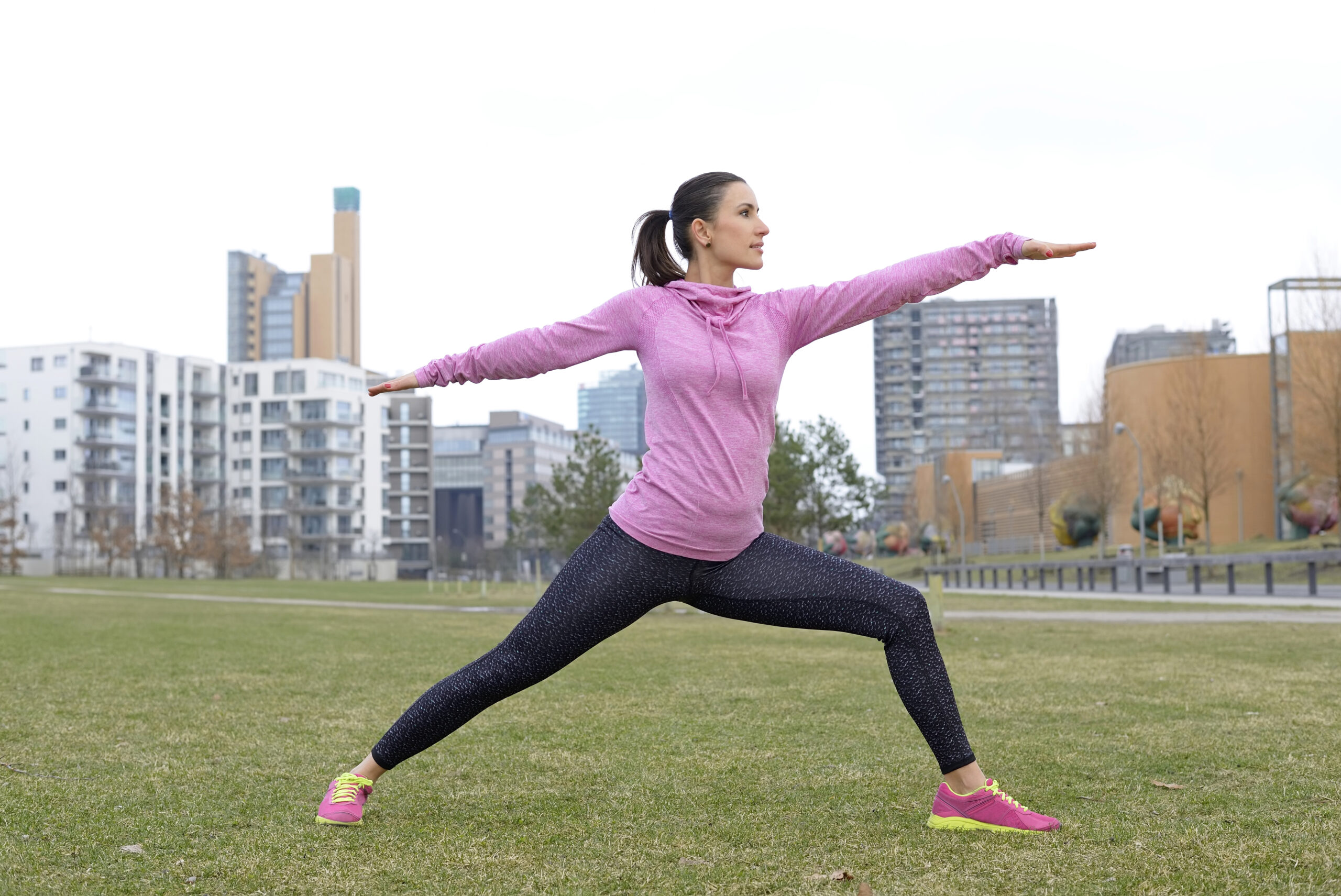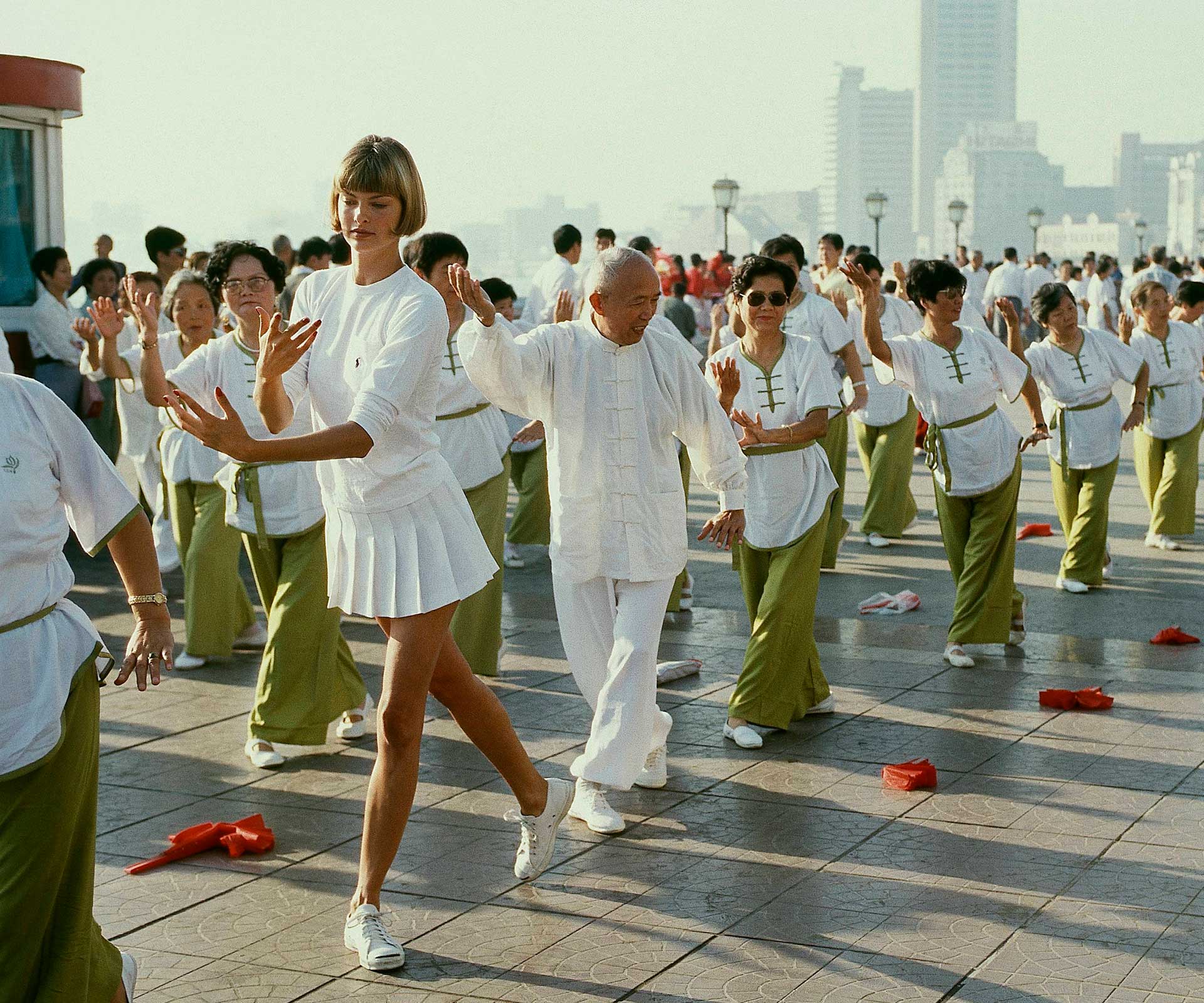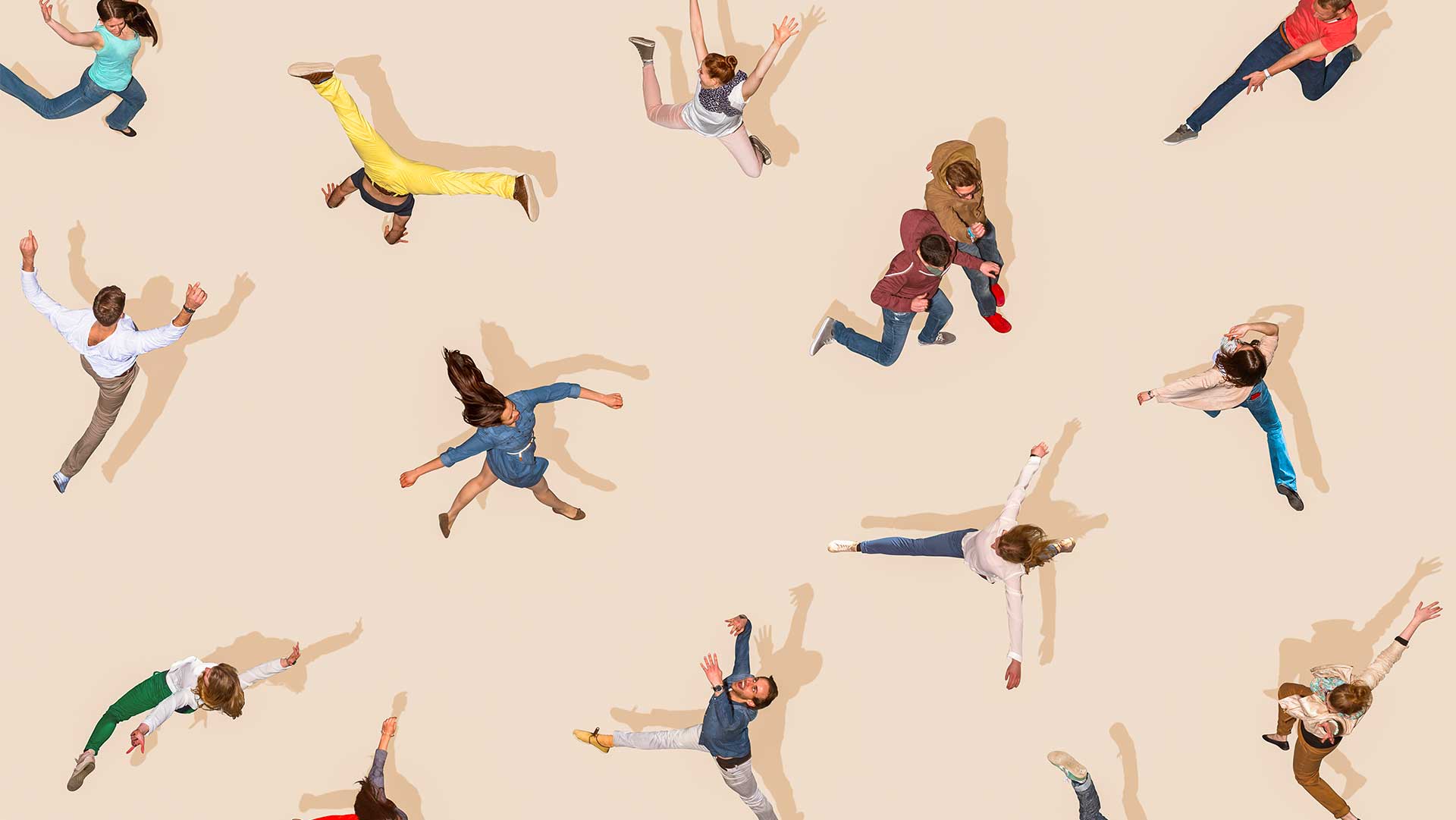Too wired to meditate but need something to help you relax? Allergic to the gym but keen to join a class? A centuries-old moving-meditation practice now on the radar of the in-crowd could be just the thing. It might not be as Insta-famous as yoga, and participants aren’t so focused on HIITing #goals, but they might just be the most chilled out. Anyway, what’s good enough for Oprah and Catherine Zeta-Jones…
An art embracing mind, body and spirit, most modern forms of tai chi can be traced back to one of five traditional schools – Chen, Yang, Wu (Hao), Wu and Sun – with Yang the most widely enjoyed today. Popular in New Zealand, Taoist tai chi is a Yang-style practice that began in the early periods of Chinese history.
The modern version developed by Taoist monk Master Moy Lin Shin is taught in 800 locations in 26 countries, and includes 108 fluid movements performed slowly in sequence as a group, with the intention of achieving ‘tai chi’ – a complementary state of yin and yang energies in the body. It also incorporates qigong, another moving meditation that’s said to unblock the body’s energy channels and increase qi/chi (translated as vital or internal energy, or breath).
Taoist tai chi exercises the entire body and benefits include improved strength, flexibility, circulation, posture, balance and memory, plus reduced stress. Back pain, respiratory problems, digestive disorders – you name it, tai chi can help. But it’s more than just a workout, says Lower Hutt’s Shona Hayles (63), a senior instructor and director of the Taoist Tai Chi Society of New Zealand.
“We say the Taoist tai chi path we practise is a method of ‘taming the heart’. Often people start with the intention of simply doing a low-impact exercise, but for many it also becomes a life practice that brings a sense of quiet, meditative wholeness.”
Looking to improve her flexibility, Hayles discovered tai chi in her 30s. “At that time, life was very busy with a full-time job and school-age children, but from that first class, I knew it was something I’d enjoy for the rest of my life,” she says. “It offered a physical and a mental challenge with a diverse group of people.

The first time I realised it was having a profound effect was about three months later, when I noticed I was driving with a sense of calmness while running late to collect the children from school. This sense of peace isn’t always present, but now I know it only takes five minutes of tai chi to bring me back to this quiet space.”
If you’ve considered it the preserve of the elderly, you’re wrong. In fact, the sooner you get onto it, the better. “Don’t be fooled by those slow, graceful moves,” says Hayles. “It takes time to build that flowing movement that can be quite mesmerising to watch. I often hear the comment, ‘I wish I’d started when I was younger.'”
With two years of practice under her belt, acupuncturist Jodie Williams (45) of Nelson says, “We’re used to thinking you have to exercise hard and fast to get benefits. Tai chi might look gentle, but that doesn’t mean it’s not powerful – my legs are far stronger now than when I used to do spin twice a week. It’s a complete exercise – it really does stimulate, strengthen and harmonise your body, mind and spirit. And everyone works at their own level in class, so age isn’t an issue.”
Waikanae retail manager Jessica Tait (42) was 37 when she started. Today she teaches a beginners’ class.
“I couldn’t touch my toes, and my 72-year-old aunt could. So I went along to her tai chi class, and found it fun and challenging. Tai chi’s a great stress-buster – just try to think about the worries of the day when you’re concentrating on where to place your foot and how to transfer your weight to it.
“The misconception is that tai chi is for old people, but actually, the slower you go, the harder it is and the greater the benefits. Anyway, don’t knock being with senior citizens – my tai chi mentor is 80 and she’s an absolute legend.”
Indeed, from instructors to administrators, Taoist tai chi is a volunteer organisation, and Hayles says members often tell her how much they value the sense of community.
“Working together in a group harmony of movement produces a beautiful sense of peace. It’s truly going with the flow.”
Williams loves the social side of it, too. “But I think most of all I love the fun of just ‘playing’ tai chi. It’s always different, like a never-ending crossword puzzle where the clues just get more interesting.”
From Northland to Nelson, Taoist tai chi is enjoyed by more than 1,300 New Zealanders in more than 30 locations. Expansion further south is expected soon. Visit taoist.org/nz.


